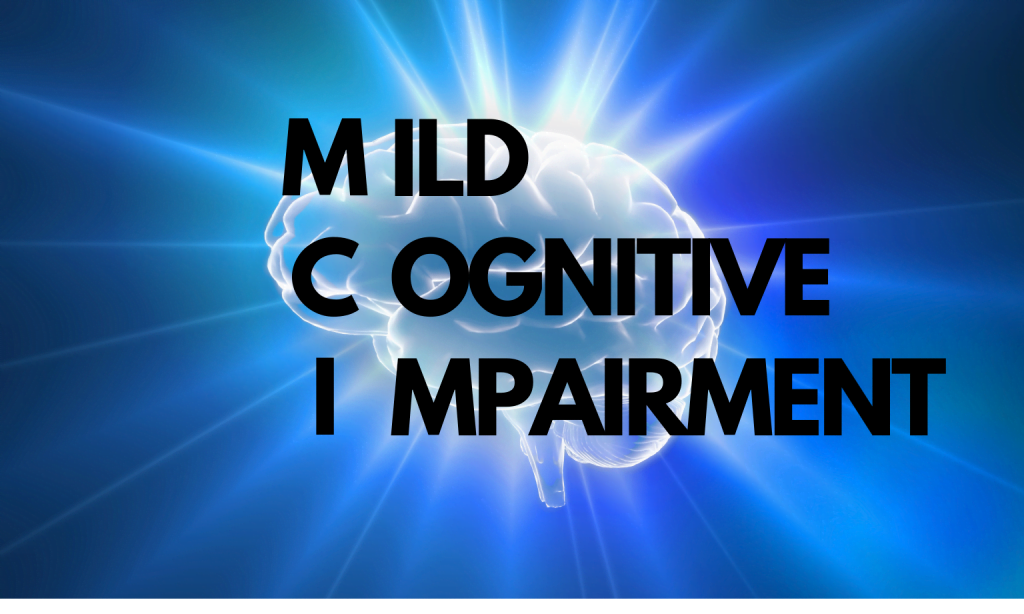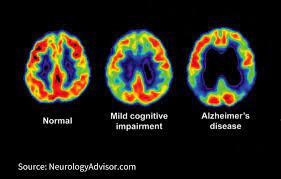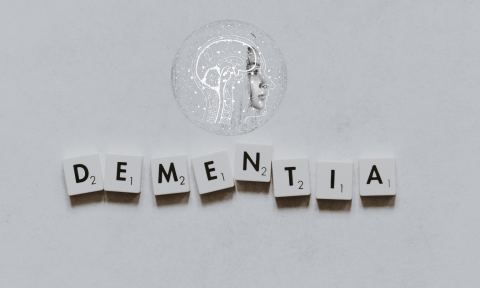Mild Cognitive Impairment (MCI) serves as a crucial phase between the common memory lapses associated with ageing and the more severe cognitive decline leading to dementia. This article explores the signs, prevalence, and steps to address MCI, particularly in the context of the ageing population in India.
Recognising normal aging vs. MCI
What is mci? Entering a room and forgetting why you’re there or struggling to recall names are typical signs of normal ageing. However, if these occurrences become frequent, it might indicate the onset of Mild Cognitive Impairment (MCI)
The impact of MCI in India
In a country witnessing a rising ageing population, MCI poses a significant health challenge. Statistics show that around 7.5% of individuals aged 60 and above in India are affected by MCI. Understanding the prevalence sets the stage for proactive measures.
Early detection: A crucial step
The first line of defence against MCI is early detection. Regular cognitive assessments, especially for individuals aged 50 and above, can help identify MCI at its onset. These assessments include memory tests, problem-solving tasks, and evaluations of language skills, providing a foundation for timely intervention.
Progression to dementia: The numbers
Within a year of an MCI diagnosis, 10 to 15% of individuals progress to dementia. This condition is marked by substantial memory loss and cognitive decline affecting daily life. Acknowledging the potential progression underscores the importance of proactive measures.
Lifestyle adjustments for MCI management
Once MCI is identified, adopting a healthy lifestyle becomes paramount. Research suggests that regular exercise, a balanced diet rich in antioxidants, sufficient sleep, and social engagement contribute to maintaining cognitive health. Physical activity, in particular, has a positive impact on cognitive function.
Cognitive training and mental stimulation
Beyond lifestyle adjustments, cognitive training programs and mental stimulation activities play a crucial role in addressing MCI. Engaging in activities that challenge the brain, such as puzzles, games, or learning new skills, helps build cognitive reserve and enhance overall brain function.
Navigating the future: Not everyone progresses to dementia
While MCI indicates a potential risk for future dementia, not everyone progresses to this stage. Some individuals remain at the MCI level without severe decline, while others manage to improve. It serves as a gentle warning of possible cognitive challenges ahead.
Seeking professional guidance
If concerns about memory or cognition arise, consulting a neuropsychologist is a recommended starting point. Professional guidance ensures a comprehensive understanding of individual circumstances and facilitates appropriate interventions.
Takeaway
In conclusion, understanding Mild Cognitive Impairment, recognising its signs, and implementing proactive measures contribute to a holistic approach to addressing cognitive health, particularly in ageing populations. Early detection and lifestyle adjustments empower individuals to navigate potential cognitive challenges with informed choices.
If you would like to learn more about neurodegenerative conditions like Alzheimer’s disease or dementia, which directly affect brain health, memory loss, and cognitive age, check out liveivory.com. Our team of experts is dedicated to providing valuable information and resources to help you better understand these conditions and find ways to live your best life while managing these critical aspects of cognitive health.
FAQs
While some memory lapses are considered normal with ageing, frequent occurrences may indicate MCI, which is distinct from typical age-related forgetfulness.
While not guaranteed, adopting a healthy lifestyle with regular exercise, a balanced diet, and mental stimulation can contribute to slowing down cognitive decline associated with MCI.
Persistent and noticeable memory lapses, especially affecting daily life, may indicate MCI. Regular cognitive assessments can help in distinguishing between normal ageing and MCI.
Approximately 10 to 15% of individuals diagnosed with MCI progress to dementia within a year. Early detection and intervention can influence the progression.
Yes, engaging in activities that challenge the brain, such as puzzles, games, or learning new skills, can contribute to building cognitive reserve and enhancing brain function.
If you have persistent concerns about memory or cognition, it’s advisable to consult a neuropsychologist for a comprehensive evaluation and guidance on appropriate interventions.




